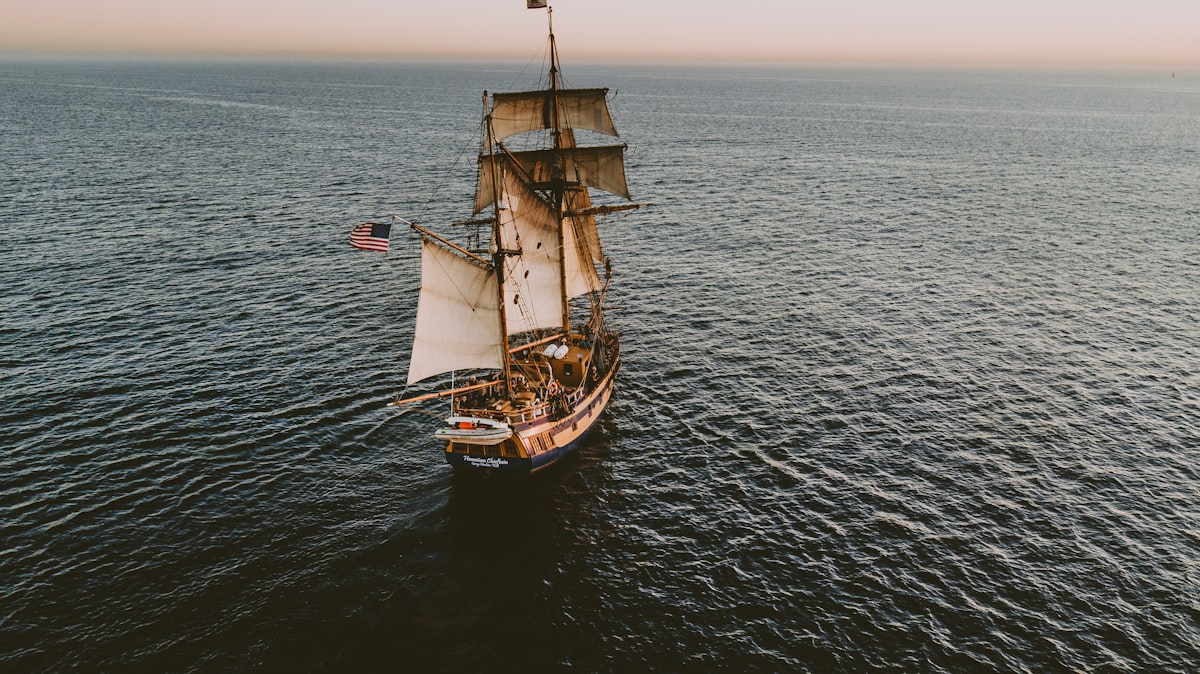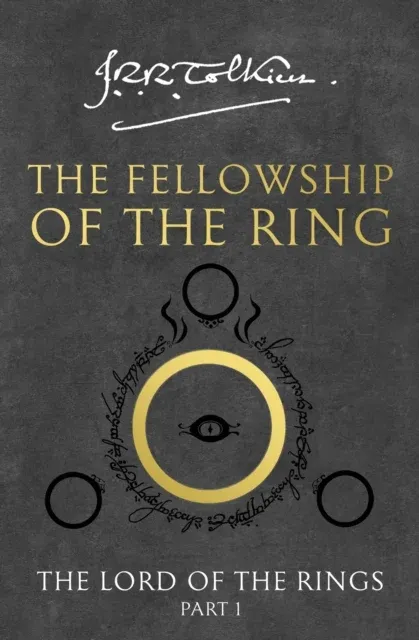The Beginnings of Oceanography

The study of oceanography started when people wanted to know how to make their boats fare better at sea. Different people wanted to do different things with their ships.
The Chinese built inland waterways, the Vikings learned how to build strong, fast ships so that they could raid the coasts, and the Portuguese learned about the "Trade Winds", which helped their ships get to their destinations faster.
Some people that were pioneers in early oceanography were:
Captain James Cook
James Cook was a scientific explorer who charted the Easter Islands, New Caledonia, and South Georgia (not the U.S state, the country of Georgia), he made three major voyages to the Pacific Ocean, and was the first European to map Hawaii, Australia, New Zealand, and Newfoundland. He was called "The first Ocean Scientist"
John Harrison
John Harrison invented the Marine Chronometer, a device that helped sailors find out where they were after days at sea.
Lt. Charles Wilkes
Charles Wilkes led the United States Exploring Expedition in 1838, the largest exploring expedition since 1431. It was sent to see if there were holes at the poles of the Earth and collect scientific specimens.
Matthew Maury
Matthew Maury was a naval officer who studied ships' logs for temperature and wind direction to develop wind and current charts.
Captain George Nares
George Nares was the captain of the H.M.S. Challenger, the first ship that sailed on a purely scientific mission: to take samples from the ocean and bring them back to be studied.




